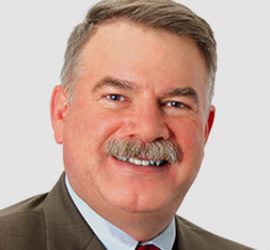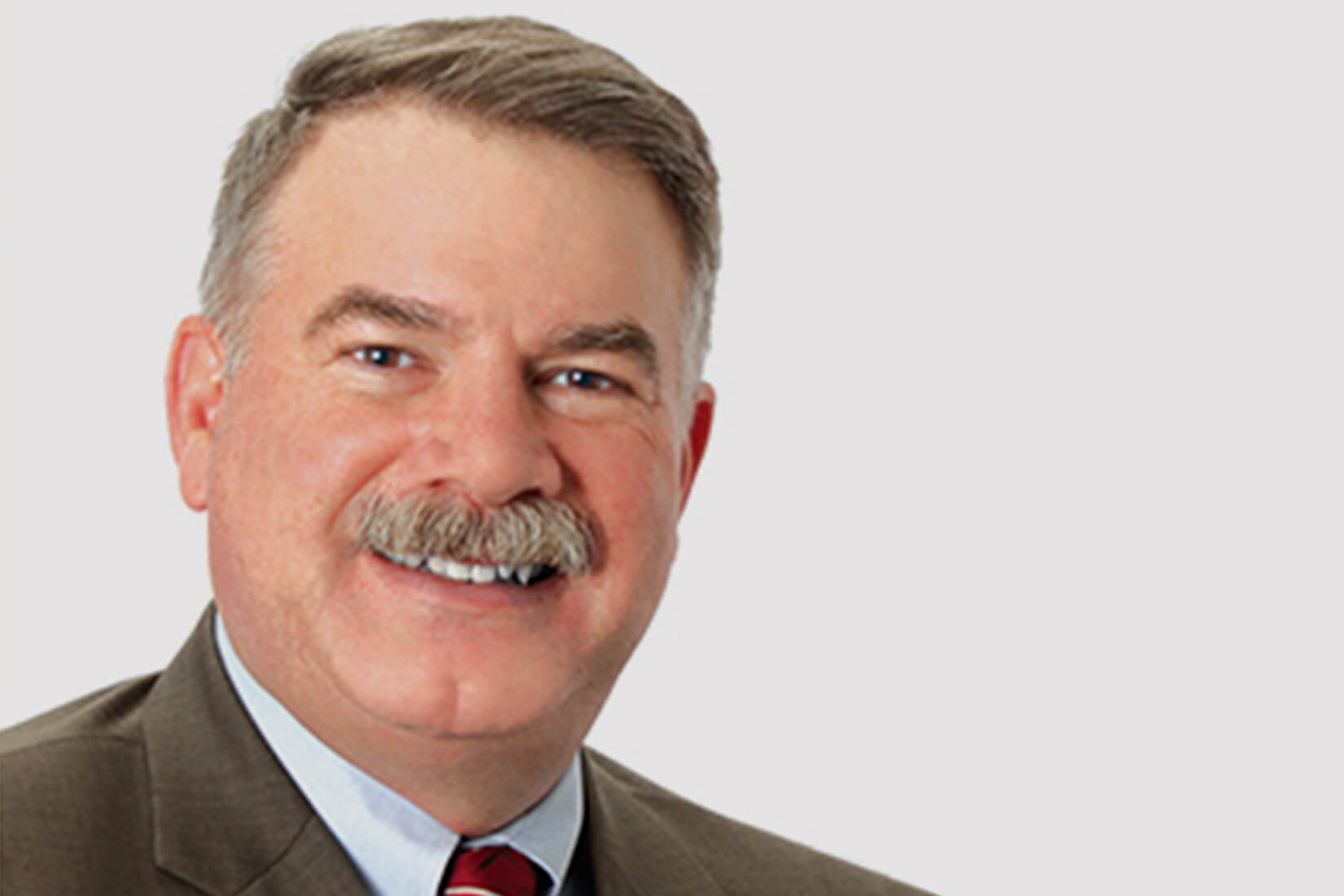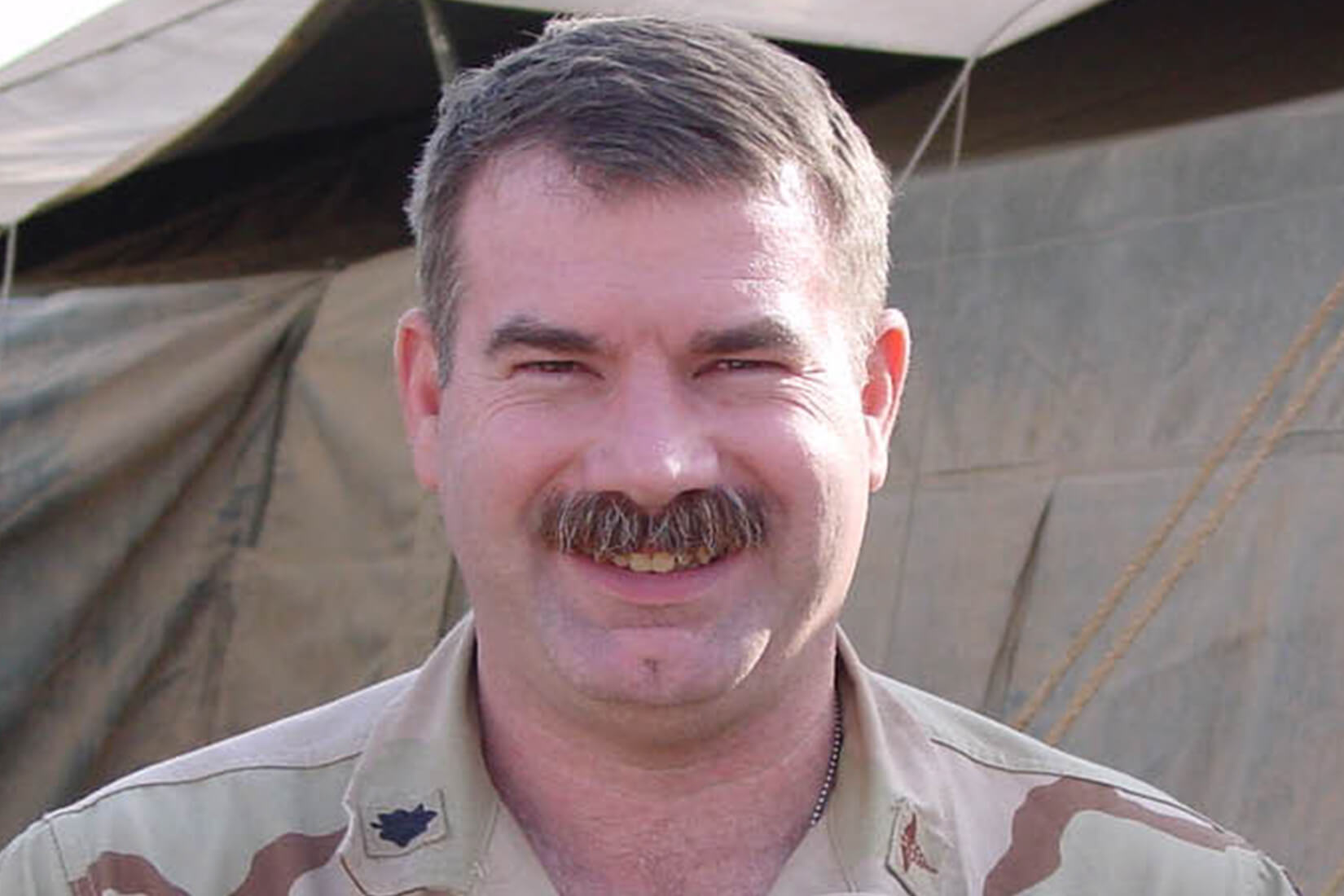“Action speaks louder than words but not nearly as often.” ~Mark Twain (1835-1910)
COVID-19, often referred to as coronavirus, has dominated the news as this new viral threat spreads across the globe as the latest major pandemic. Pandemics are nothing new in world history: HIV/AIDS pandemic (at its peak, 2005-2012) 36 million dead, flu pandemic (1968) one million dead, Asian Flu pandemic (1956-1958) two million dead, flu pandemic (1918) 20 to 50 million dead, sixth cholera pandemic (1910-1911) 800,000 dead, flu pandemic (1889-1890) one million dead–and the sordid list continues into recorded history. Any student of medical history is not surprised by this latest plague beyond the fact that it did not happen sooner.
Yes, improvements in the general hygiene (in the developed world) of humans on this planet and the incredible contribution of vaccinations (thank you, Edward Jenner–smallpox vaccine, 1798) has improved general health and accounts for many human plagues being eliminated or at least uncommon.






